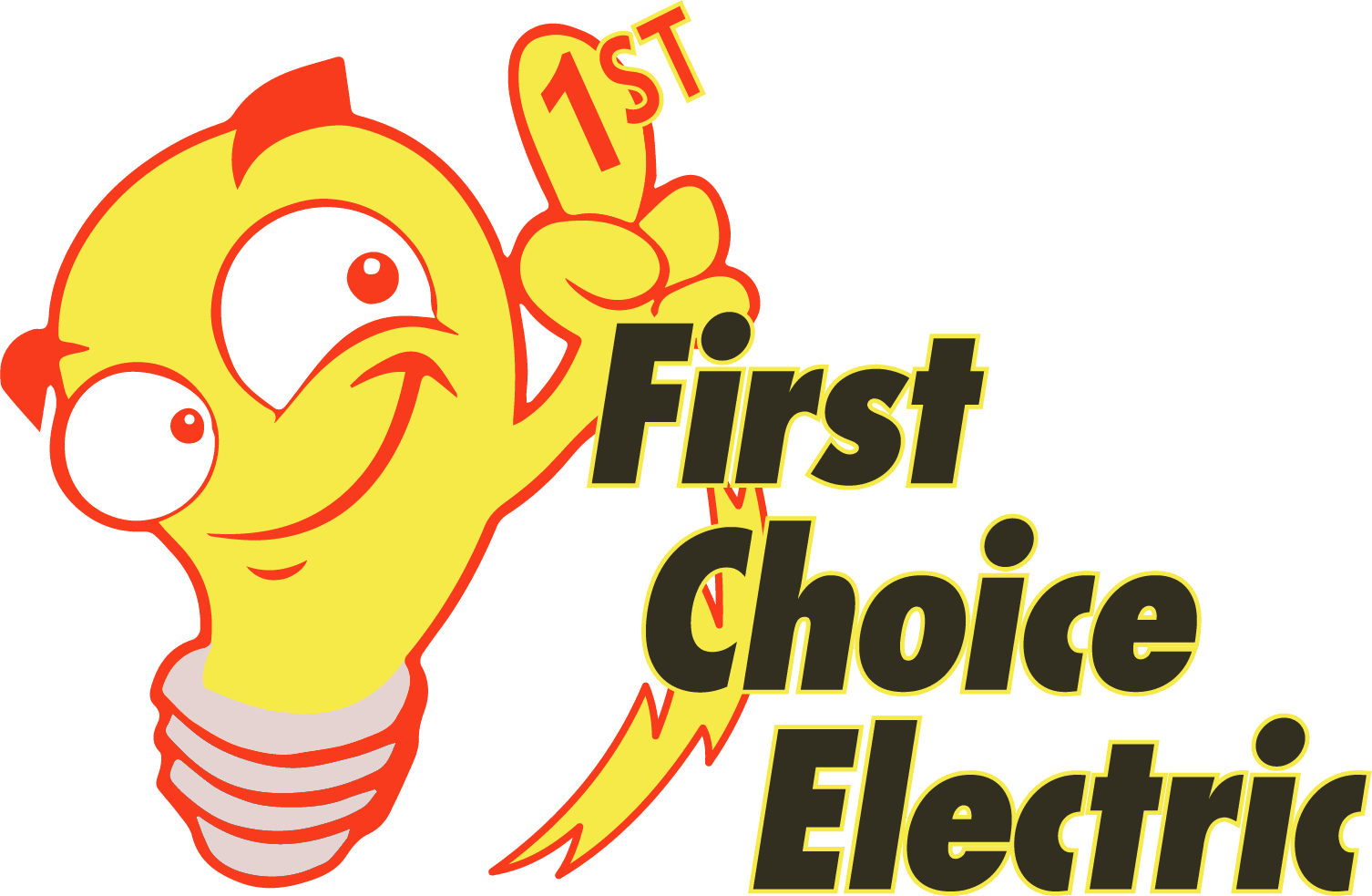Home Electric Generators: Choosing Between Gas and Natural Gas Options
Introduction: The Significance of Home Electric Generators
In today's world, having a reliable source of backup power is more important than ever. Home electric generators, available in various types including gas and natural gas, offer peace of mind and continuity during power outages. This comprehensive guide will explore the specifics of both types, helping homeowners make informed decisions.
Understanding Home Electric Generators
Basics of Electric Generators for Home Use
Home electric generators provide emergency power by converting fuel into electrical energy. They are essential in regions prone to power outages due to weather or other disruptions. Understanding how they work and their fuel source options is crucial in selecting the right generator for your needs.
Gas-Powered Generators
Exploring Gasoline-Fueled Generators
- Functionality: Gas-powered generators are common and work by burning gasoline to produce electricity.
- Advantages: They are generally more portable and available in various sizes and power capacities.
- Considerations: Gasoline storage can be a challenge, and these generators may require frequent refueling during extended outages.
Natural Gas Generators
Benefits of Natural Gas-Fueled Generators
- Functionality: These generators run on natural gas and can be connected to your home's existing gas line.
- Advantages: They offer a continuous fuel supply and typically require less maintenance than gasoline models.
- Considerations: Installation can be more complex and may require professional setup.
Choosing the Right Generator for Your Home
Factors to Consider in Your Selection
- Power Needs: Assess the wattage requirements of essential appliances and devices you need to power.
- Fuel Availability: Consider the availability and storage of gasoline versus the accessibility of a natural gas line.
- Budget: Compare the initial costs and ongoing operational expenses of both types of generators.
Installation and Safety
Ensuring Proper Setup and Use
- Professional Installation: Both types of generators should be installed by qualified professionals to ensure safety and compliance with local codes.
- Ventilation: Adequate ventilation is crucial to prevent carbon monoxide buildup.
- Regular Maintenance: Routine checks and maintenance are essential for the longevity and safe operation of your generator.
Environmental Considerations
Assessing the Eco-Friendliness of Generators
Natural gas generators typically have a lower environmental impact compared to gasoline models, emitting fewer pollutants and greenhouse gases. However, both types have environmental considerations that should be factored into your decision.
Cost-Effectiveness and Fuel Efficiency
Balancing Initial Investment with Operational Costs
While natural gas generators may have a higher initial cost, their operational costs can be lower, especially in areas with stable natural gas prices. Gasoline generators often have lower upfront costs but higher running expenses.
Backup Power Capacity
Understanding Generator Capacities and Limitations
It's important to match the generator's capacity to your home's needs. While some generators can power an entire house, others might only support critical appliances.
Future Trends in Home Generators
Innovations and Evolving Technologies
Advancements in generator technology are improving efficiency, reducing emissions, and integrating smart features for easier monitoring and control. These developments will continue to influence the choice between gas and natural gas generators.
Conclusion: Empowering Your Home with the Right Generator
Choosing between a gas and natural gas home electric generator involves considering various factors, from fuel availability and environmental impact to power needs and cost. By understanding these aspects, homeowners can select a generator that offers reliable backup power and suits their specific requirements.










